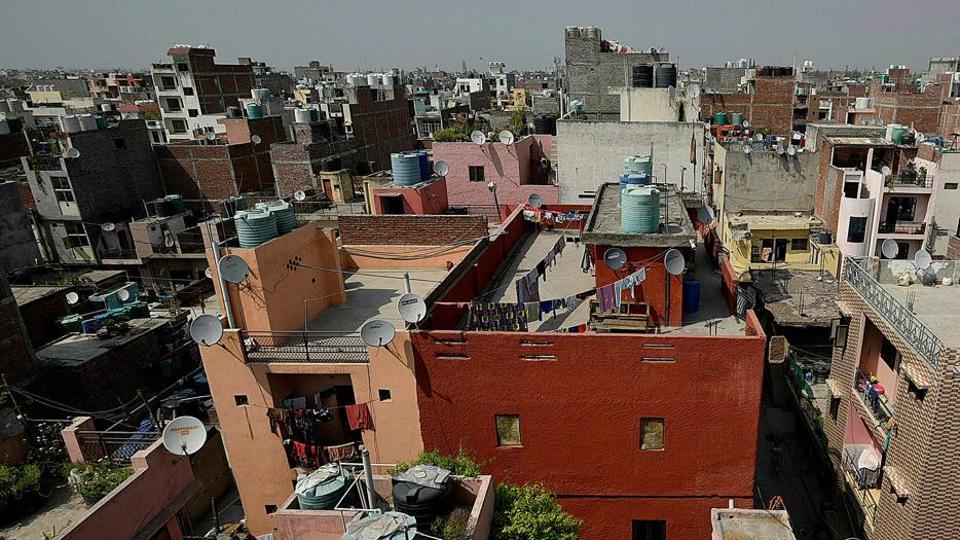Delhi real este news Economic uplift and infrastructural development often appear as distant dreams for residents of unauthorised colonies in major cities, shimmering on the horizon as a vision of a better, more accessible future. However, the upcoming Delhi Budget announcement is set to turn these dreams into reality, with the state government poised to allocate a substantial Rs 1,000 crore towards the rehabilitation and upgrade of these overlooked residential areas.
As the Delhi real estate news landscape braces for a transformation, it’s essential for investors, homeowners, and real estate enthusiasts to grasp the impact of this allocation on property values, community development, and the broader societal fabric. In this deep-dive analysis, we unpack the intricacies of this landmark budget provision and address how it might rejuvenate the sector.
Understanding the Significance of Unauthorised Colonies
Unauthorised colonies are synonymous with the underbelly of urbanisation. In cities like Delhi, where rapid population growth outstrips the pace of formal urban planning, these settlements often mushroom without requisite government approval. Lacking the fundamental amenities and basic services, they pose daunting challenges to sustainability, health, and equity. Yet, they are home to millions, constituting significant voter bases and communities.
The Rs 1000-crore allocation symbolises a direct injection into regions that are in dire need, with the potential to become model urban hubs.
Infrastructural Development and Its Implications
For decades, the roads, sanitation, and water facilities in Delhi’s unauthorised colonies have remained substandard, impeding both quality of life and property market appeal. The upcoming budget’s focus on bolstering road infrastructure along with a commitment to upgraded water and sewer lines signal positive strides in addressing these long-standing grievances.
From a real estate standpoint, such enhancements can catalyse a surge in property demand and values, as improved connectivity and liveability attract more investors and residents. It’s not just about bricks and mortar; these improvements promise to lay the groundwork for holistic community transformation, rendering these regions more sustainable and attractive in the long run.
Economic Impact on Property Values
Property in unauthorised colonies traditionally offers affordability, a coveted criterion in metropolitan areas with skyrocketing real estate prices. However, buyers often grapple with the risk of uncertain legal status and the lack of amenities. The forthcoming financial injection is set to allay these concerns, positively influencing the perception of these areas and, subsequently, their property values.
An uptick is foreseeable, as the trust implicit in the government’s financial backing encourages market participants to invest with confidence. This budget provision might just be the catalyst that aligns the transaction values of properties in unauthorised colonies with their true potential, unlocking significant latent value for owners.
The Societal and Environmental Spin-Offs
A fortified emphasis on unauthorised colonies in the Delhi Budget is also a testament to a more inclusive and equitable urban development policy. The collateral benefits extend beyond the balance sheet, towards social cohesion and environmental stewardship. With better road infrastructure, more accessible amenities, and a concerted push for environmental sustainability, communities are poised to enjoy a cascading effect of well-being.
Most notably, the integration of these colonies into the broader city’s framework can lead to a more efficient and sustainable urban landscape. Reduced traffic congestion thanks to better roads, and the integration into proper water and waste management systems can create a ripple effect on the quality of city life at large.
Conclusion
The Delhi Budget’s focus on upgrading unauthorised colonies is a decisive move with profound implications for the city’s real estate sector and its broader socio-economic fabric. It represents an opportunity to redefine the narrative around these critical components of urban life, setting a precedent for equitable development and inclusive growth. For investors and residents alike, the prudent move is to anticipate and harness the potential winds of change that this budgetary allocation is bound to usher in. It’s not merely about the present Rs 1000 crore, but the potential billions in value that this stake in the ground represents for the future of Delhi’s unauthorised colonies and the real estate landscape at large.
Stay informed and prepared – for the times, they are indeed a-changing in Delhi’s real estate and urban development domains. The choices made and the strategies adopted today could well shape the future fortunes of many in the Indian capital.




